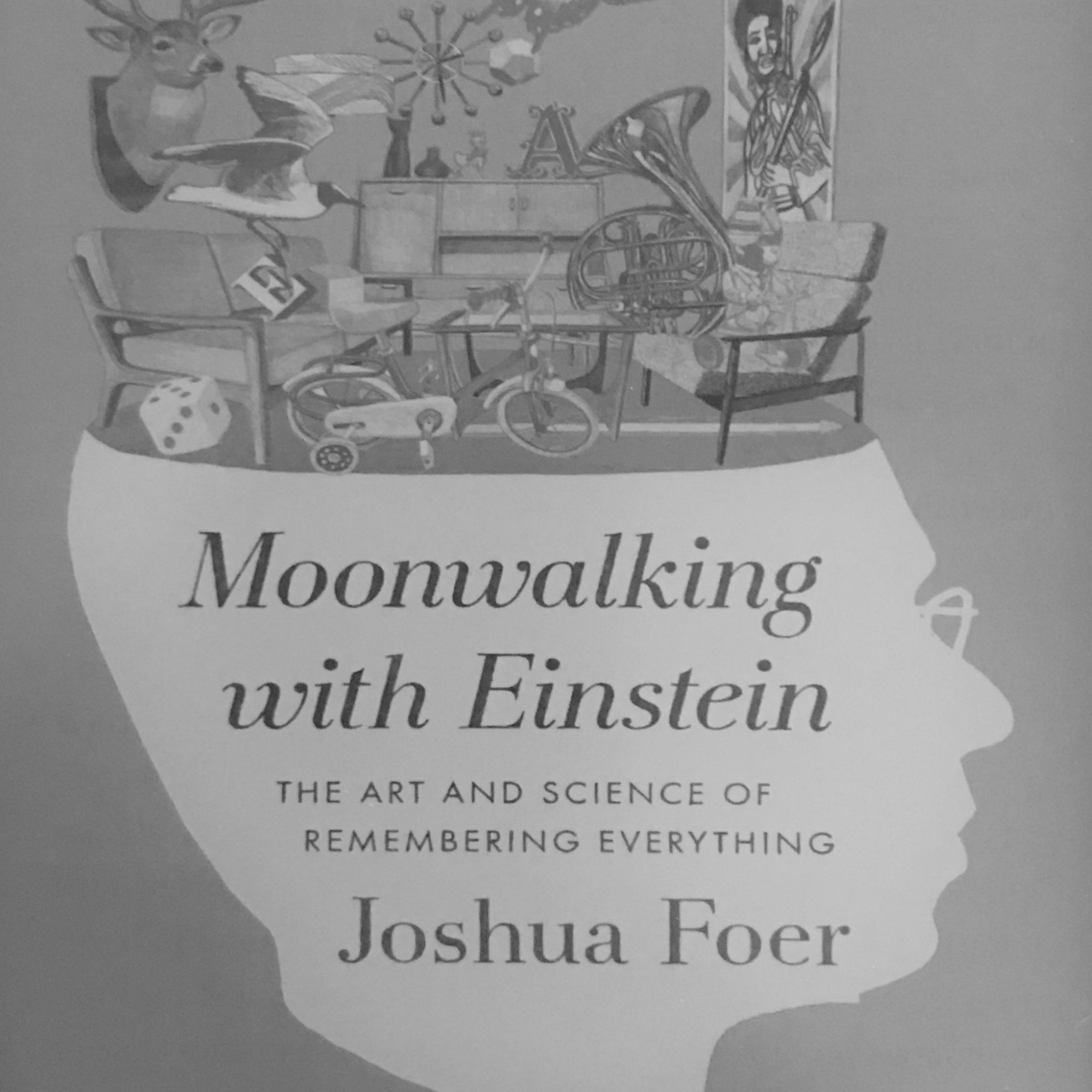2019-10-13T15:39:00
p16: Buzan believes schools go about teaching all wrong. They pour vast amounts of information into students' heads, but don't teach them how to retain it. Memorizing has gotten a bad rap as a mindless way of holding onto facts just long enough to pass the next exam
p26: Somewhere in your mind there's a trace from everything you've ever seen.
p85: Because our memories don't follow any kind of linear logic, we can neither sequentially search them nor browse them.
p92: Perhaps, as Borges concludes in his story, it is forgetting, not remembering, that is the essence of what makes us human. To make sense of the world, we must filter it. "To think," Borges writes, "is to forget."
p141: What we already know determines what we're able to learn.
p153: In other words, a great memory isn't just a by-product of expertise; it is the essence of expertise
p153: Whether we realize it or not, we are all like those chess masters and chicken sexers, interpreting the present in light of what we've learned in the past, and letting our previous experiences shape not only how we perceive our world, but also the moves we end up making in it.
p153: Our memories are always with us, shaping and being shaped by the information flowing through our senses, in a continuous feedback loop. Everything we see, hear, and smell is inflected by all the things we've seen, heard, and smelled in the past.
p154: Who we are and what we do is fundamentally a function of what we remember.
p169: Without time, there would be no need for a memory. But without a memory, would there be such a thing as time?
p183: Indeed, most of who we are and how we think—the core material of our personalities—is bound up in implicit memories that are off-limits to the conscious brain.
p193: That EP has learned to like his neighbors without ever learning who they are points to how many of our basic day-to-day actions are guided by implicit values and judgments, independent of declarative memory.
p202: The general idea with most memory techniques is to change whatever boring thing is being inputted into your memory into something that is so colorful, so exciting, and so different from anything you've seen before that you can't possibly forget it.
p210-211: In addition to the Ad Herennium, there would be translated excerpts of Quintilian's Institutio Oratoria and Cicero's De Oratore for me to read, followed by a collection of medieval writings on memory by Thomas Aquinas, Albertus Magnus, Hugh of St. Victor, and Peter of Ravenna.
p232: The more abstract the word, the less memorable it is.
p289: Folklorists have compared oral poems to pebbles worn down by the water. They're made smooth over many retellings as the harder-to-remember pieces get chipped away, or made easier to retain and repeat. Irrelevant digressions are forgotten. Long or rare words are avoided.
p290: The structure writes the poem. Indeed, work by Parry's successors has found that virtually every word in the Odyssey and the Iliad fits into some sort of schema, or pattern, that made the poems easier to remember.
p295: In order to memorize a word by its sound, its meaning has to be completely dismissed.
p362: 1648 by Johann Winkelmann, which is nothing more than a simple code to convert numbers into phonetic sounds. Those sounds can then be turned into words, which can in turn become images for a memory palace
p366: It takes a lot of remembering just to be able to remember.
p380: When you want to get good at something, how you spend your time practicing is far more important than the amount of time you spend.
p451: rote (the process of learning or committing something to memory through mechanical repetition, usually by hearing and repeating aloud, often without full attention to comprehension or thought for the meaning)
p451: The art and science of memory is about developing the capacity to quickly create images that link disparate ideas.
p452: Creativity is, in a sense, future memory.
p455: Same meat, different gravy.
p464: Memory is how we transmit virtues and values, and partake of a shared culture.
p465: But even if facts don't by themselves lead to understanding, you can't have understanding without facts.
p487: ... their ability to do the seemingly impossible with apparent ease. They are, in effect, aliens in our midst, walking exceptions to the natural order of the universe.
p500: It takes a great deal of training for an artist to learn to deactivate that top-level processing.
p533: girls dig scars and glory lasts forever
p538: You know, lack of sleep is the enemy of memory.
p596: How we perceive the world and how we act in it are products of how and what we remember.
p597: Our memories make us who we are.
¿To think is to forget?
Here are my notes from a book "Moon walking with Einstein - The Art and Science of Remembering Everything" by Joshua Foer.
